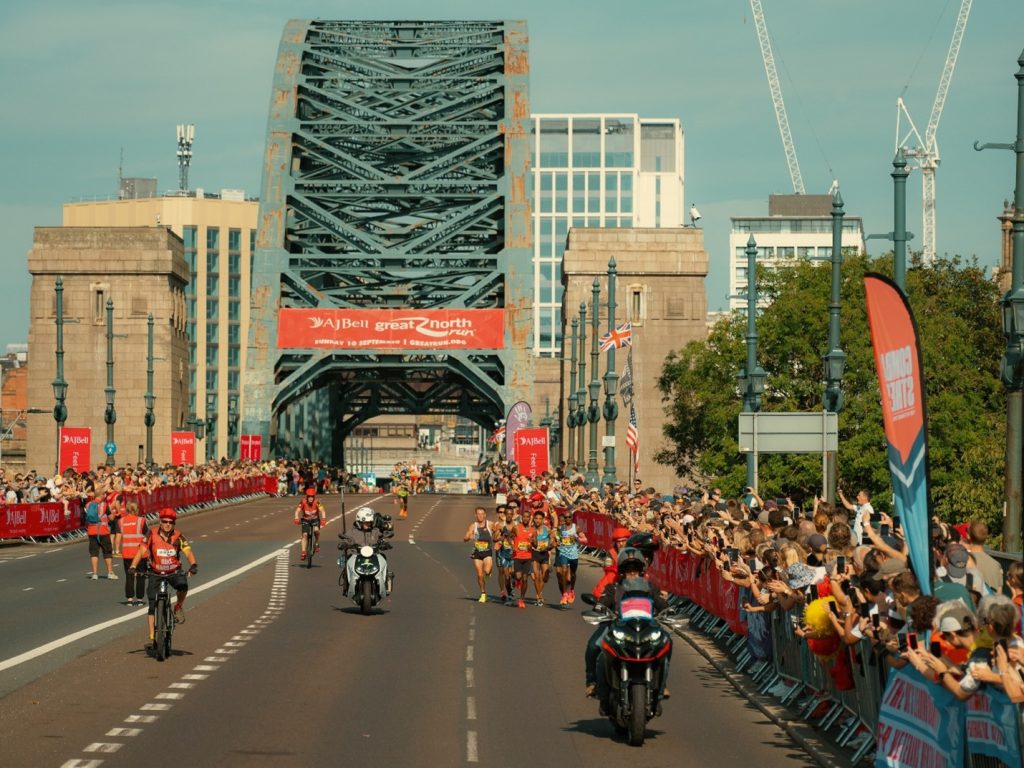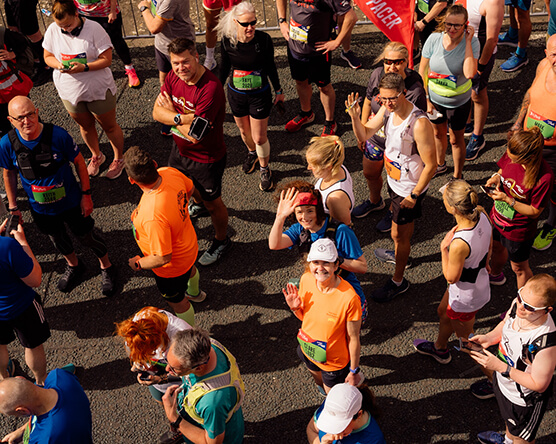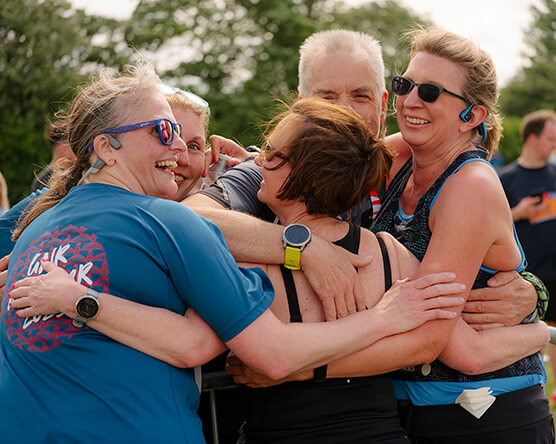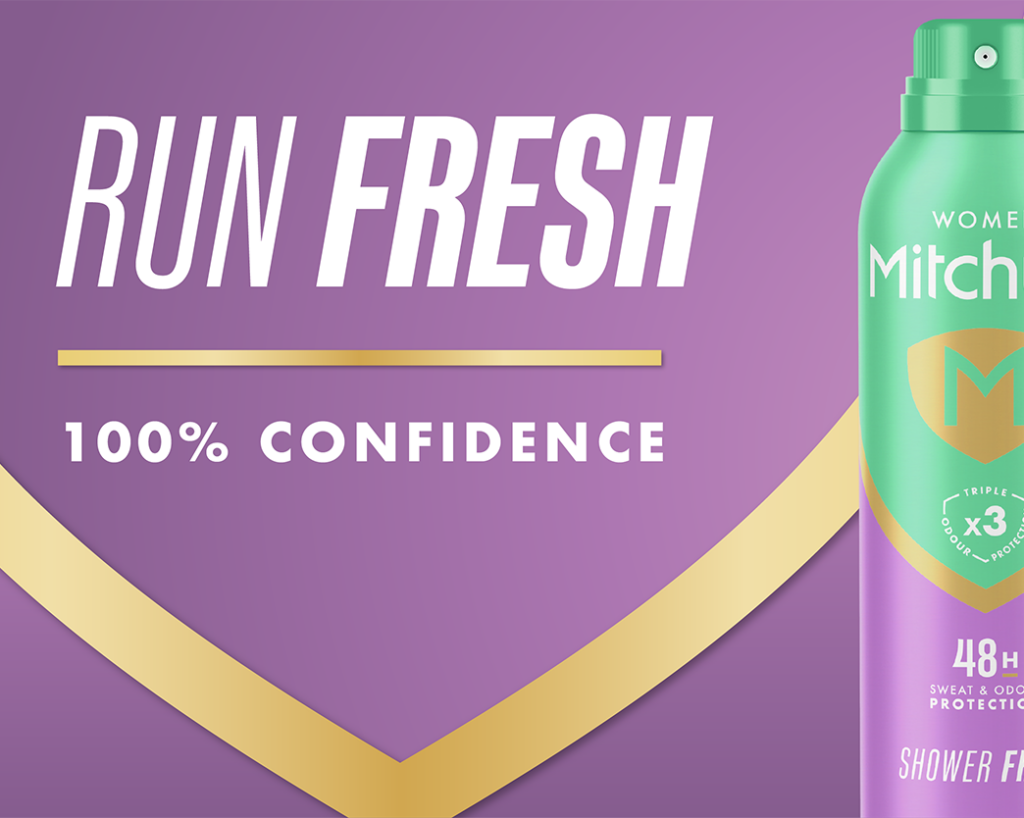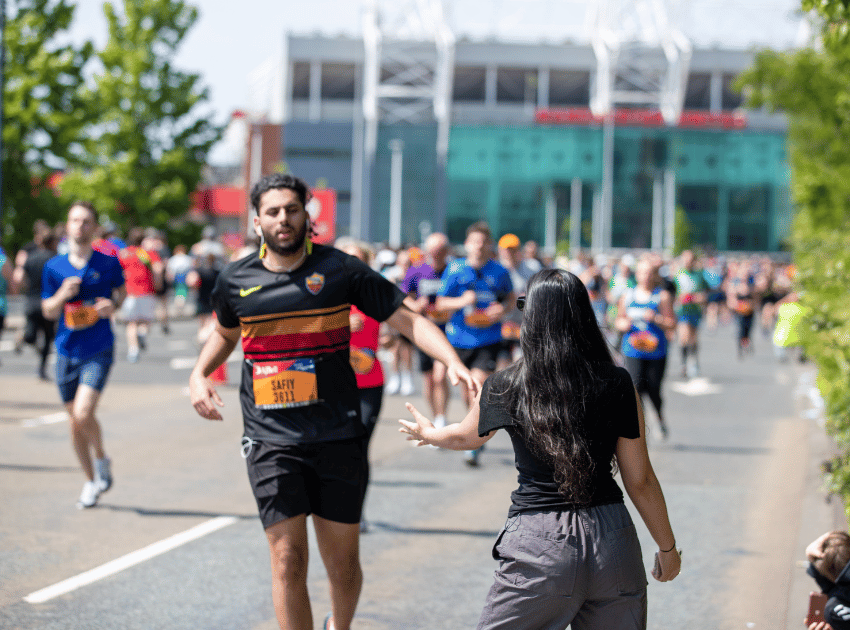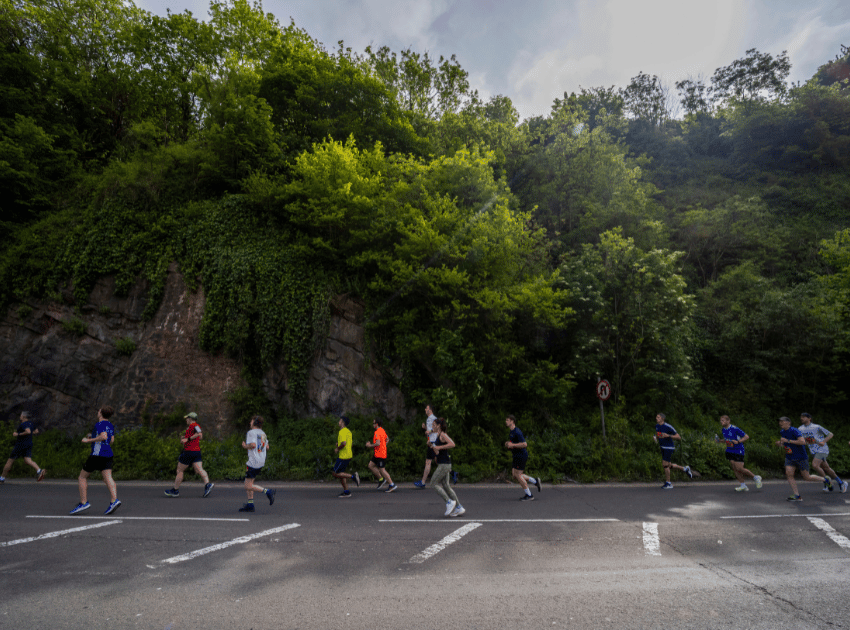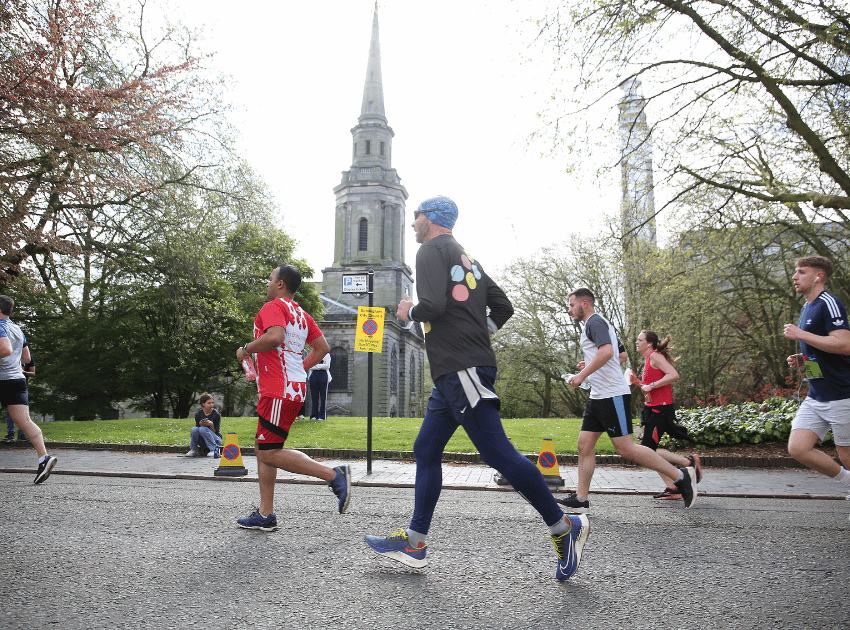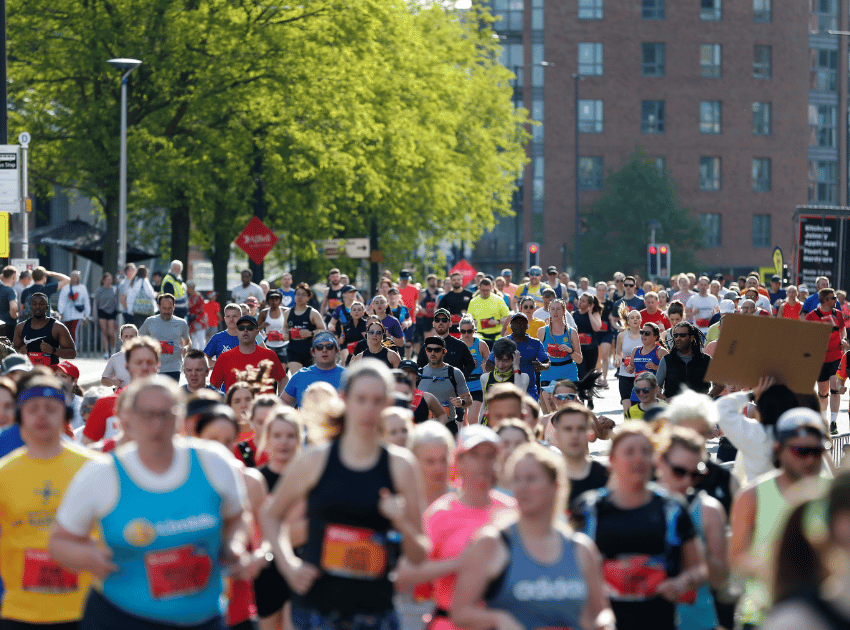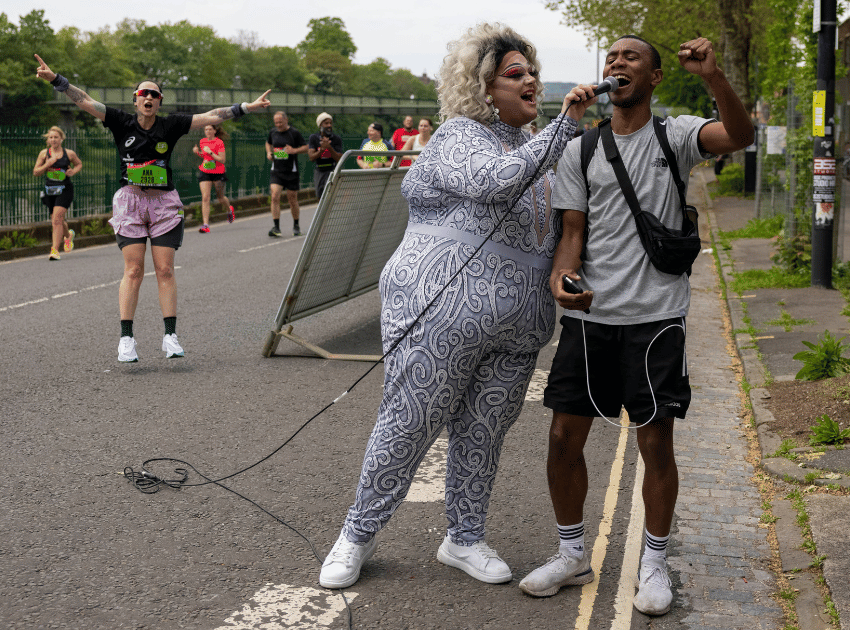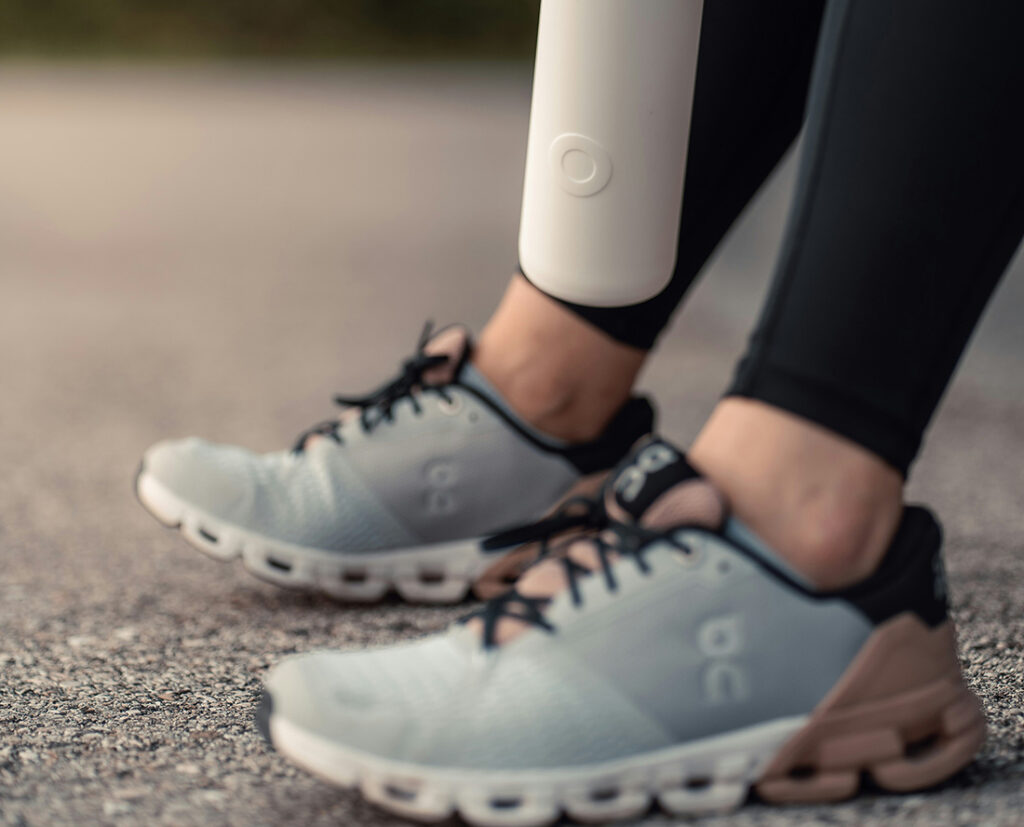The Official Wellness Partner of AJ Bell Great Run Series, Solgar combines the best of science and nature to create the finest nutritional supplements using only the best, responsibly sourced raw ingredients. With a commitment to quality, health and wellbeing that goes beyond 75 years, each Solgar product is designed around what your body needs – not what’s trending.
“What supplements should I be taking when I’m training?” is a question that Paul Chamberlain, Product Training Director at Solgar, is often asked. The answer, Paul says, depends on a runner’s existing lifestyle and diet.
“Lifestyle and diet are the foundation of any training programme,” he says. “So that simply means eating enough of the right types of food, including plenty of carbs and regular servings of protein to support muscle recovery and adaptation. It’s also about getting enough sleep, and about tailoring your training programme to your ability and experience – not going too hard too soon.”
Foundations first
Paul’s foundations-first approach is also reflected in his supplement advice. His advice is to make sure you’ve got the fundamentals covered rather than obsessing over pills and potions that promise unrealistic performance enhancement.
“It’s well worth taking a multivitamin – the VM-75 from Solgar has a wide range of different nutrients which can support immunity and recovery and energy production,” he says. It’s also a good option as it’s rich in B vitamins – great for making energy and supporting the body through the stresses and strains of training.
Paul also suggests adding a fish oil product – “The typical Western diet doesn’t contain a lot of Omega 3, and those essential fatty acids really help decrease inflammation” – and some Vitamin D – “Vitamin D supports immune system and muscle function, and it’s difficult to get enough through diet alone. We simply don’t have enough sunshine in the UK to get a healthy dose of it.”
Sweet Dreams
Another aspect of Paul’s ‘lifestyle and diet’ first approach is the important part sleep plays in our training. Sleep is vital for muscle recovery, adaptation and to boost growth hormone levels while training – and so elite runners, say Paul, should ignore the standard ‘8 hours’ advice and aim for something nearer 10.
But what if you struggle to switch off? If you’ve tried all of the standard sleep advice – going to bed at a similar time every night, cutting down on afternoon coffees, alcohol and screen time – you might benefit from some supplement support.
Magnesium Citrate could be a good place to start, says Paul, as it helps the nervous system “calm down a little bit” when taken with an evening meal or snack – but critically, it won’t make you nod off. Solgar’s Ultimate Calm products can also help with feelings of mental overwhelm and ‘switching off’, and can help the body naturally produce more serotonin – the hormone that helps us drift off – if taken an hour before bed.
Tummy trouble
If you’re experiencing digestive issues while training, Paul has a reassuring message: you’re not alone. Different foods or even alcohol can cause all sorts of tummy upsets when adding training into the mix, and so the first thing to do is to track symptoms to work out potential triggers. Dairy, spicy food and alcohol can all be culprits, especially when combined with the stress of training and the up and down motion of running. Remember, though: if you have worrying or prolonged symptoms, it’s best to get them checked out by a GP.
Paul’s advice includes leaving a gap between eating and running and trying a probiotic like yoghurt to help balance the bacteria in your gut. To calm things down further, Paul says, you could try an advanced multi-enzyme complex to help your body break down food. After a long run or an intense session, Paul reminds runners of the importance of eating soon afterwards – ideally some carbs and some protein – and perhaps even a hydration boost with something like Ester-C effervescent sachets, packed with 1000mg of vitamin C for immunity support, electrolytes, zinc and B vitamins.
Any super-supplements Paul would recommend? “Tumeric is getting a lot of attention at the moment for a variety of reasons including joint health – something that might be of interest to runners,” says Paul. But it’s important to get a version – like Solgar’s – which has been developed to be easily absorbed by the body.
For more information and advice on supplements visit the Solgar Wellness Hub here.



